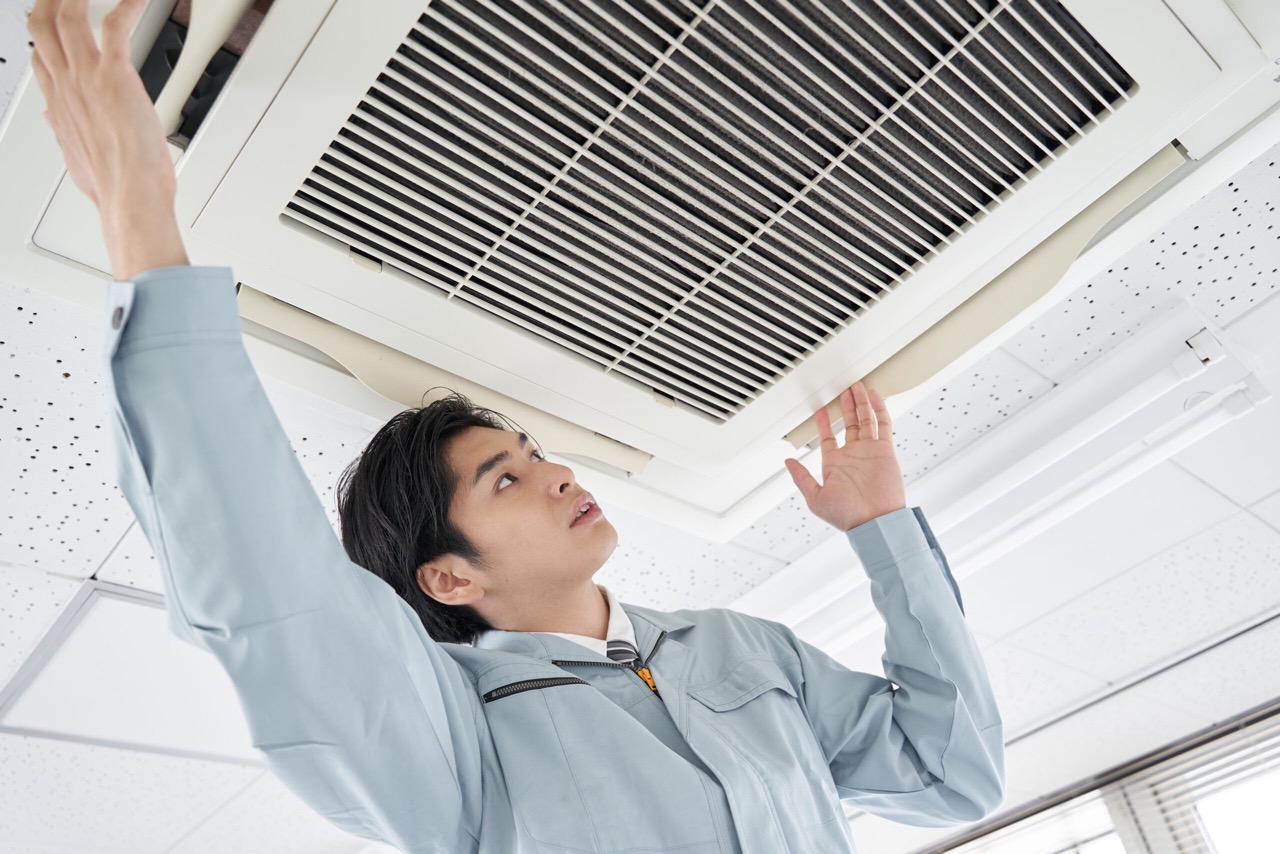

Articles
Why Is HVAC So Expensive
Modified: October 18, 2024
Discover the reasons behind the high cost of HVAC systems and services in these informative articles. Gain insights from industry experts and make more informed decisions.
(Many of the links in this article redirect to a specific reviewed product. Your purchase of these products through affiliate links helps to generate commission for Storables.com, at no extra cost. Learn more)
Introduction
Heating, ventilation, and air conditioning (HVAC) systems play a vital role in maintaining a comfortable and healthy indoor environment. Whether it’s a residential or commercial setting, HVAC systems are essential for controlling temperature, humidity, and air quality. However, one common concern that many people have is the high cost associated with these systems.
It’s not surprising that HVAC systems can be expensive. They are complex systems that require precision engineering, high-quality components, and skilled installation. But why exactly are they so expensive? In this article, we will explore the factors that contribute to the high cost of HVAC systems and why investing in these systems is worthwhile.
Key Takeaways:
- HVAC systems are expensive due to the high-quality components, labor charges, maintenance, energy efficiency standards, and local regulations. However, the long-term benefits of comfort, energy savings, and property value justify the initial cost.
- Investing in a reliable HVAC system is a worthwhile long-term investment. It provides precise temperature control, improved air quality, energy efficiency, reliability, and environmental benefits, ultimately enhancing the quality of life and property value.
Read more: Why Are Rugs So Expensive
High Cost of HVAC Systems
When considering HVAC systems, it’s important to understand that you are not just purchasing a simple appliance. HVAC systems are comprehensive and sophisticated systems that consist of various components such as furnaces, air conditioners, heat pumps, ductwork, and thermostats. All these components work together to provide a comfortable and efficient climate control solution.
The cost of HVAC systems can vary significantly depending on factors such as the size of the space, the complexity of the system, the quality of the components, and the region where you live. On average, the cost of a complete HVAC system installation can range from $5,000 to $15,000 or more.
While the upfront cost may seem steep, it’s important to consider the long-term benefits and savings that come with a well-installed and properly maintained HVAC system. A high-quality HVAC system can improve energy efficiency, reduce utility bills, enhance indoor air quality, and increase the overall value of your property.
Factors Contributing to the Expense
Several factors contribute to the expense of HVAC systems. Understanding these factors can help explain why HVAC systems can be costly:
- Equipment and Materials Costs: HVAC systems require various components, such as furnaces, compressors, condensers, evaporator coils, and thermostats. The quality and efficiency of these components can significantly impact the cost of the system.
- Installation and Labor Charges: Proper installation is crucial for the efficient and reliable operation of an HVAC system. Certified HVAC technicians have the expertise to ensure that the system is installed correctly. However, their specialized knowledge and skills come at a price.
- Maintenance and Repair Expenses: Regular maintenance is essential to keep an HVAC system in optimal condition. This includes cleaning, inspections, lubrication, and component replacements. Additionally, repairs can be costly, especially if major components need to be replaced.
- Energy Efficiency Standards: The demand for energy-efficient HVAC systems has led to the development of advanced technologies and components. While these innovations help save energy in the long run, they often come with a higher price tag.
- Local Codes and Regulations: HVAC systems must comply with local building codes and regulations. These codes often require specific installation procedures, additional safety features, or environmental considerations, which may increase the overall cost of the system.
These factors collectively contribute to the initial cost of installing an HVAC system. However, it’s important to recognize that the investment in a reliable system can result in long-term savings and enhanced comfort.
Equipment and Materials Costs
One of the primary factors contributing to the expense of HVAC systems is the cost of equipment and materials. HVAC systems consist of various components, each with its own price range depending on factors such as quality, efficiency, and brand reputation.
Here are some of the key components that contribute to the overall cost of HVAC systems:
- Furnaces: Furnaces are the heart of heating systems. They come in different types, such as gas, electric, and oil, each with its own price range based on efficiency, capacity, and features.
- Air Conditioners and Heat Pumps: Cooling systems, such as air conditioners and heat pumps, vary in terms of their cooling capacity, energy efficiency rating, and additional features. These factors can influence the cost of the system.
- Ductwork: Ductwork is responsible for distributing conditioned air throughout the building. The size, design, and material of the ductwork can impact the overall cost of the HVAC system.
- Thermostats: Thermostats control the temperature and operation of the HVAC system. Advanced programmable thermostats with features like Wi-Fi connectivity and energy-saving algorithms may have a higher price point compared to basic thermostats.
- Ventilation Systems: Ventilation systems play a crucial role in promoting indoor air quality by ensuring proper air exchange. Components like air filters, air purifiers, and heat recovery ventilators can add to the overall cost.
It’s important to consider the long-term benefits when it comes to equipment and material costs. Investing in high-quality, energy-efficient components may initially increase the upfront expense, but can lead to significant energy savings and improved system performance over time.
Installation and Labor Charges
Proper installation is crucial for the efficient and reliable operation of an HVAC system. It requires technical expertise, knowledge of local codes and regulations, and specialized tools. As a result, installation and labor charges can contribute significantly to the overall expense of HVAC systems.
Certified HVAC technicians have the necessary skills and training to install HVAC systems correctly. They ensure that all components are installed, connected, and calibrated properly to maximize performance and energy efficiency.
The complexity of the installation process, along with factors such as system size, location, and accessibility, can impact the labor charges. Installing a new HVAC system may involve tasks such as:
- Removing the old system (if applicable)
- Positioning and securing the new equipment
- Connecting the electrical and plumbing components
- Installing and sealing the ductwork
- Programming and testing the thermostat
- Ensuring proper airflow and balancing
- Conducting a final inspection for safety and compliance
In addition to the installation itself, HVAC companies often provide warranties on their workmanship, ensuring that if any issues arise during the installation or shortly thereafter, they will rectify them at no additional cost.
While labor charges may contribute to the initial expense of HVAC systems, it’s important to prioritize professional installation. Proper installation ensures that the system operates efficiently, reduces the risk of malfunctions, and prolongs the lifespan of the equipment.
Regular maintenance of your HVAC system can help prevent costly repairs and improve its efficiency, ultimately saving you money in the long run. Schedule annual inspections and cleanings to keep your system running smoothly.
Read more: Why Are Curtains So Expensive
Maintenance and Repair Expenses
Maintenance and repair are integral parts of owning an HVAC system and can contribute to the overall cost of HVAC systems over time. Regular maintenance is crucial to keeping the system running efficiently and preventing costly breakdowns.
Here are some aspects to consider when it comes to maintenance and repair expenses:
- Regular Maintenance: Routine maintenance, such as cleaning, lubricating moving parts, inspecting electrical connections, and checking for leaks, is necessary to keep the HVAC system in optimal condition. Hiring a professional HVAC technician to perform regular maintenance typically incurs a cost, but it can help prevent major issues and extend the lifespan of the system.
- Filter Replacements: HVAC systems use air filters to trap dust, allergens, and other airborne particles. Regular filter replacements are necessary to maintain good indoor air quality and prevent strain on the system. Depending on the type and quality of the filters, filter replacements can be an ongoing expense.
- Component Repairs and Replacements: Over time, various components of an HVAC system may wear out or malfunction. In such cases, repairs or replacements may be required. The cost will depend on the specific component and the extent of the repair needed.
- Emergency Services: HVAC systems can break down unexpectedly, especially during extreme weather conditions. Emergency repair services may be required, and these services typically come at a higher cost due to the immediate response and after-hours availability.
While maintenance and repair expenses are ongoing costs associated with HVAC systems, they are essential for ensuring the system’s longevity and efficiency. Regular maintenance can help identify and address small issues before they escalate into major problems, saving you from costly repairs or premature system replacement.
Energy Efficiency Standards
Energy efficiency has become a significant priority in the HVAC industry. With the rising cost of energy and growing environmental concerns, there has been a push towards developing and implementing energy-efficient HVAC systems.
While energy-efficient systems offer long-term savings on energy bills, they often come with a higher initial cost. Here are some aspects related to energy efficiency standards that contribute to the expense of HVAC systems:
- Advanced Technologies: Energy-efficient HVAC systems often incorporate advanced technologies and innovative features that help reduce energy consumption. These technologies include variable-speed motors, smart thermostats, and zoned heating and cooling, among others. The integration of these technologies can increase the cost of the system.
- Higher Efficiency Ratings: Energy-efficient systems are designed to meet or exceed specific energy efficiency standards set by regulatory bodies. These standards are measured and rated using criteria such as Seasonal Energy Efficiency Ratio (SEER) for air conditioners and Annual Fuel Utilization Efficiency (AFUE) for furnaces. HVAC systems with higher efficiency ratings tend to have a higher price tag.
- Incentives and Rebates: Despite the higher upfront cost, investing in energy-efficient HVAC systems can provide financial benefits in the form of incentives and rebates. Many governments, utility companies, and organizations offer incentives to encourage the use of energy-efficient technologies. These incentives can help offset the initial expense and make energy-efficient systems more affordable.
While energy-efficient HVAC systems may come at a higher cost, they offer several advantages. They reduce energy consumption, resulting in lower utility bills, create a comfortable indoor environment, and contribute to a more sustainable future by lowering carbon emissions.
Before making a purchase, it’s important to consider the long-term savings and environmental benefits that come with investing in an energy-efficient HVAC system.
Local Codes and Regulations
Local building codes and regulations play a crucial role in the installation and operation of HVAC systems. These codes are put in place to ensure safety, energy efficiency, and compliance with environmental standards. However, they can also contribute to the overall cost of HVAC systems.
Here are some aspects related to local codes and regulations that impact the expense of HVAC systems:
- Permits and Inspections: Installing or replacing an HVAC system often requires obtaining the necessary permits from local authorities. The cost of obtaining permits can vary depending on the jurisdiction. In addition, inspections may be required to ensure that the installation meets the code requirements, and these inspections may involve an additional fee.
- Safety and Environmental Standards: Local codes and regulations often specify safety measures and environmental standards that HVAC systems must meet. These requirements can include the installation of safety features, proper disposal of refrigerants, and adherence to noise pollution limitations. Meeting these standards may involve additional costs to ensure compliance.
- Load Calculations: Local codes may also require load calculations to determine the appropriate size and capacity of the HVAC system based on factors such as building size, orientation, insulation, and occupancy. Conducting load calculations may require the expertise of an HVAC professional, which can add to the overall cost.
- Duct Sealing and Insulation: Many local codes require proper duct sealing and insulation to minimize energy losses in the distribution system. These requirements may involve additional materials and labor, increasing the overall expense of the HVAC system.
While adhering to local codes and regulations may add to the expense of HVAC systems, it is essential for ensuring the safety, efficiency, and compliance of the system. Non-compliance can result in fines, delays in project completion, or even the requirement to redo the installation.
Consulting with a knowledgeable HVAC professional who is familiar with local codes can help navigate these requirements and ensure a smooth and compliant installation process.
Benefits Justifying the Cost
Although the cost of HVAC systems can be significant, it is important to remember that there are several benefits that justify the expense. Here are some key advantages of investing in a high-quality HVAC system:
- Comfort: An HVAC system provides optimal control over indoor temperature, humidity, and air quality, ensuring a comfortable living or working environment. It allows you to maintain a consistent and desirable climate throughout the year.
- Energy Efficiency: Despite the initial cost, modern HVAC systems are designed to be energy-efficient, helping to reduce energy consumption and lower utility bills over time. Energy-saving features such as programmable thermostats and zoning capabilities help optimize energy usage.
- Improved Indoor Air Quality: HVAC systems play a crucial role in maintaining good indoor air quality by filtering out pollutants, allergens, and irritants. With proper filtration and ventilation, these systems can greatly enhance the health and well-being of occupants.
- Longevity and Reliability: Investing in a high-quality HVAC system ensures durability and reliability. Well-maintained systems can have a longer life span and decreased likelihood of breakdowns or major repairs, saving you money in the long run.
- Home Value: An efficient and well-maintained HVAC system can increase the value of your property. Potential buyers typically consider HVAC systems as a crucial factor when deciding to purchase a home, making it a worthwhile investment.
- Environmental Benefits: Energy-efficient HVAC systems help reduce carbon emissions and have a positive impact on the environment. By lowering energy consumption, these systems contribute to a more sustainable future and help combat climate change.
Considering these benefits, the cost of HVAC systems can be seen as a worthwhile investment rather than an unnecessary expense. It is important to choose a reputable HVAC contractor, select high-quality components, and ensure regular maintenance to maximize the benefits and longevity of the system.
Remember, the comfort, energy efficiency, and improved indoor air quality provided by a well-designed HVAC system ultimately outweigh the initial cost. It is an investment that enhances your quality of life and provides long-term value.
Read more: Why Furniture So Expensive
Conclusion
While HVAC systems can be expensive, it’s important to understand the factors that contribute to their cost and the benefits they bring. The high cost of HVAC systems is justified by the comfort, energy efficiency, improved indoor air quality, and long-term value they provide.
Factors such as equipment and materials costs, installation and labor charges, maintenance and repair expenses, energy efficiency standards, and local codes and regulations all contribute to the overall expense of HVAC systems. However, investing in a high-quality system pays off in terms of comfort, energy savings, and increased property value.
The benefits of HVAC systems, including precise temperature control, improved air quality, energy efficiency, reliability, and environmental benefits, outweigh the initial cost. They create a comfortable and healthy living or working environment while reducing energy consumption and minimizing the impact on the environment.
When considering the cost of HVAC systems, it is essential to consult with reputable HVAC professionals who can guide you in selecting the right components, ensure proper installation, and provide regular maintenance and repairs. By investing in a high-quality and properly maintained HVAC system, you can enjoy years of comfort and savings in energy costs.
Ultimately, the expense of HVAC systems is a worthwhile investment that enhances the quality of life, contributes to a sustainable future, and provides long-term value for your property.
Frequently Asked Questions about Why Is HVAC So Expensive
Was this page helpful?
At Storables.com, we guarantee accurate and reliable information. Our content, validated by Expert Board Contributors, is crafted following stringent Editorial Policies. We're committed to providing you with well-researched, expert-backed insights for all your informational needs.







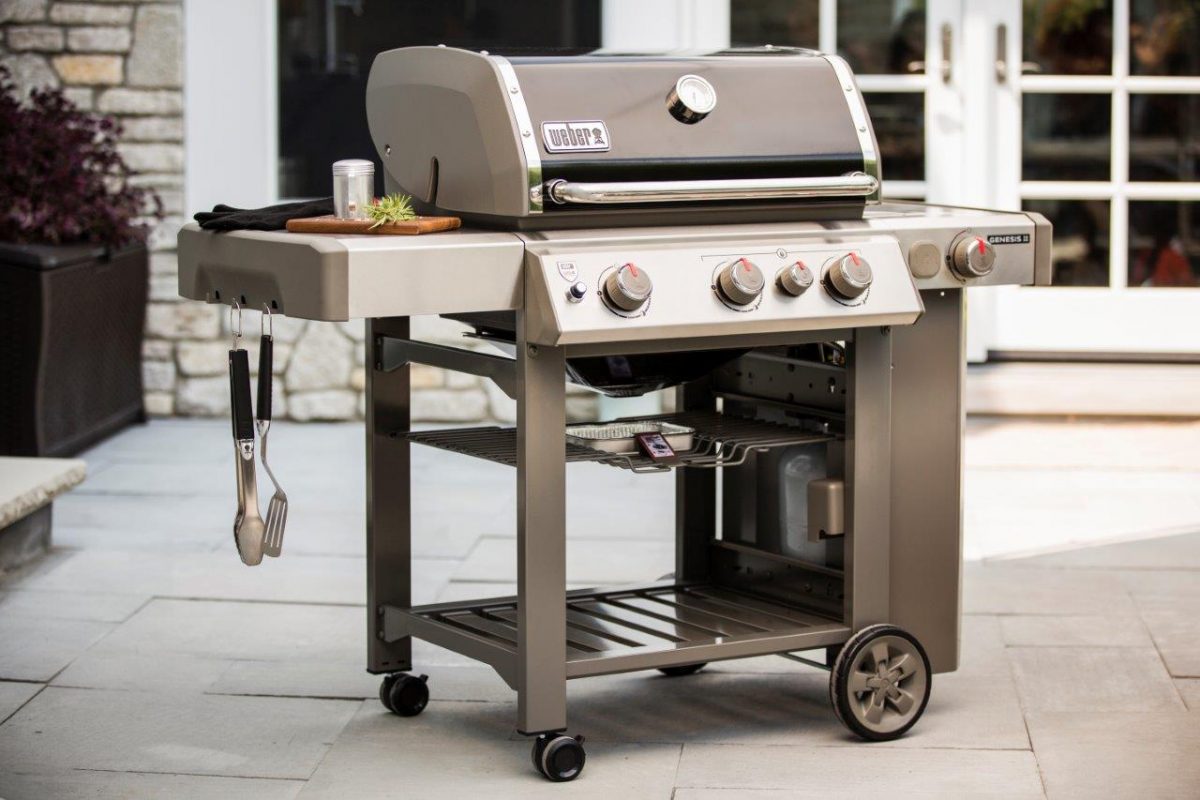
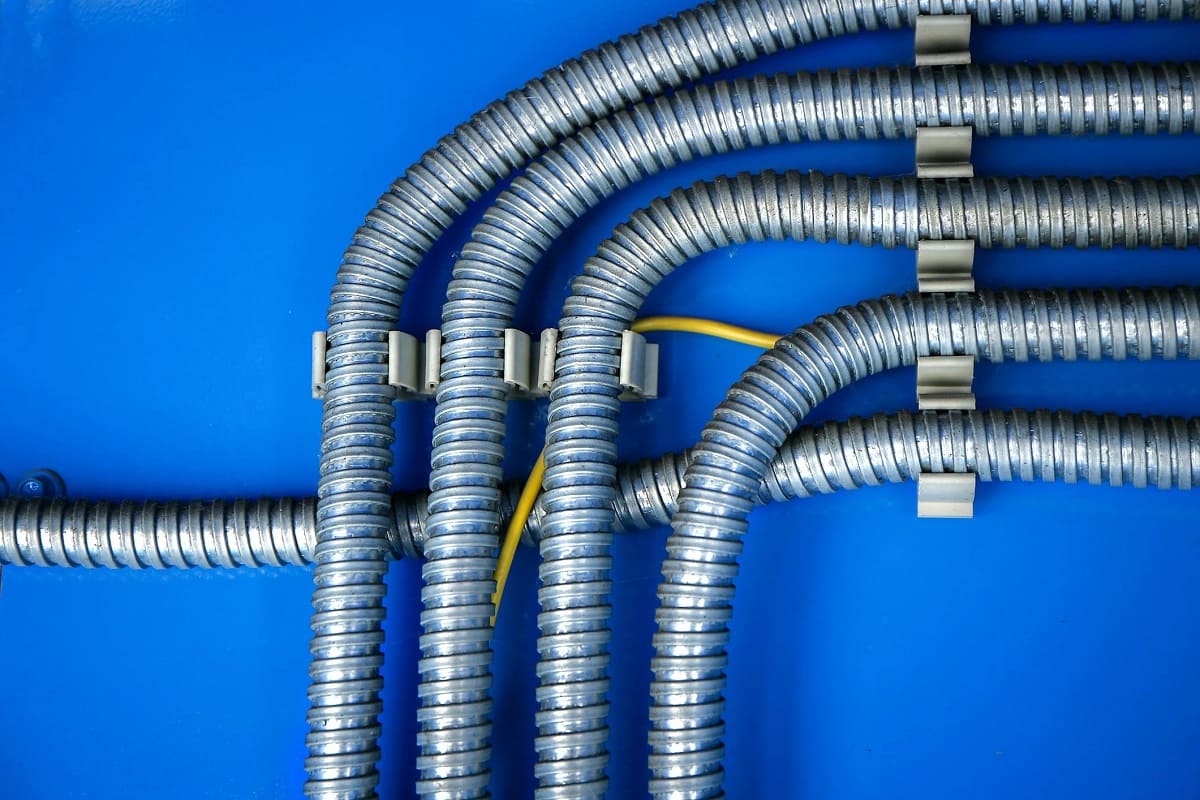
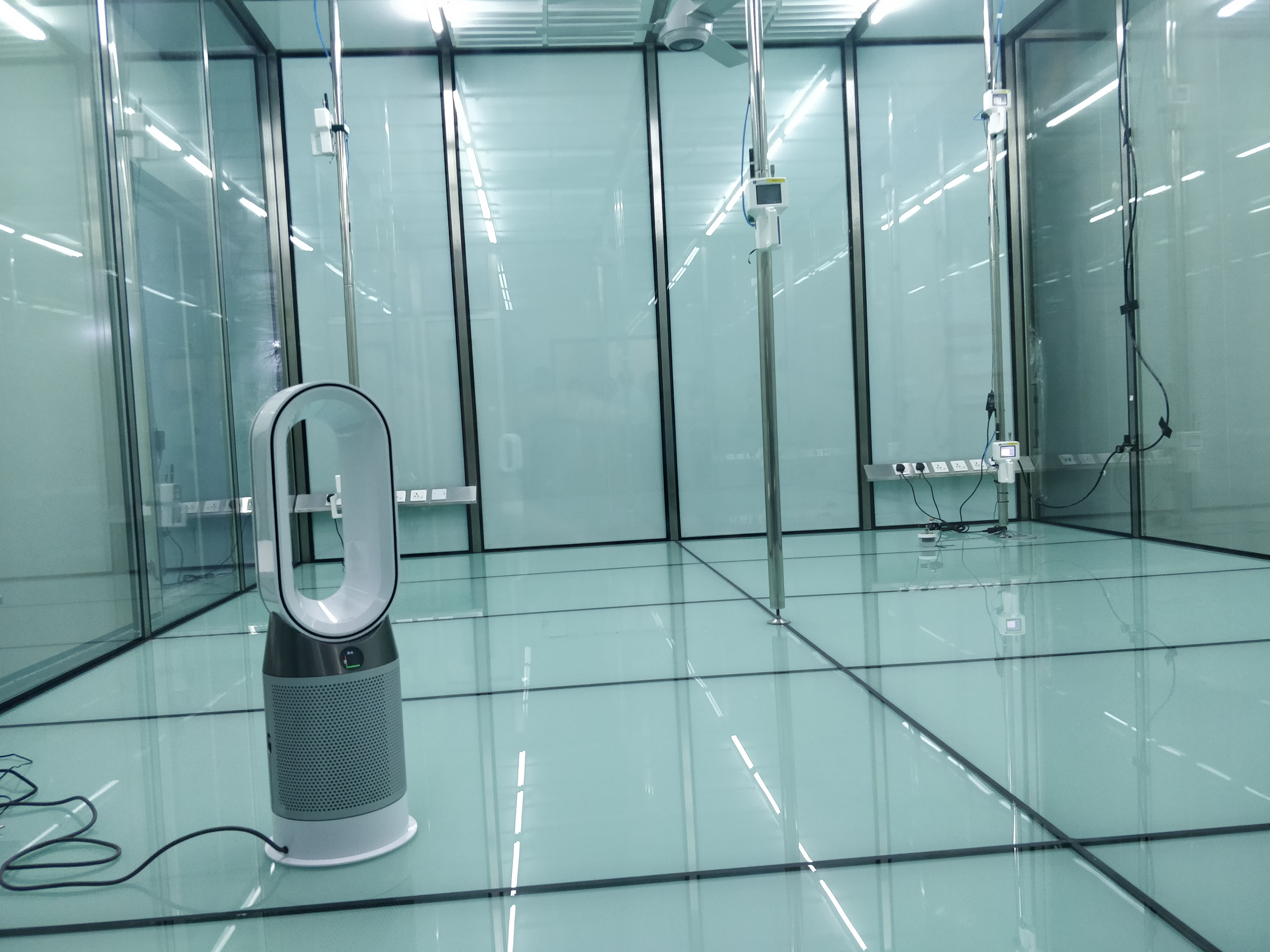
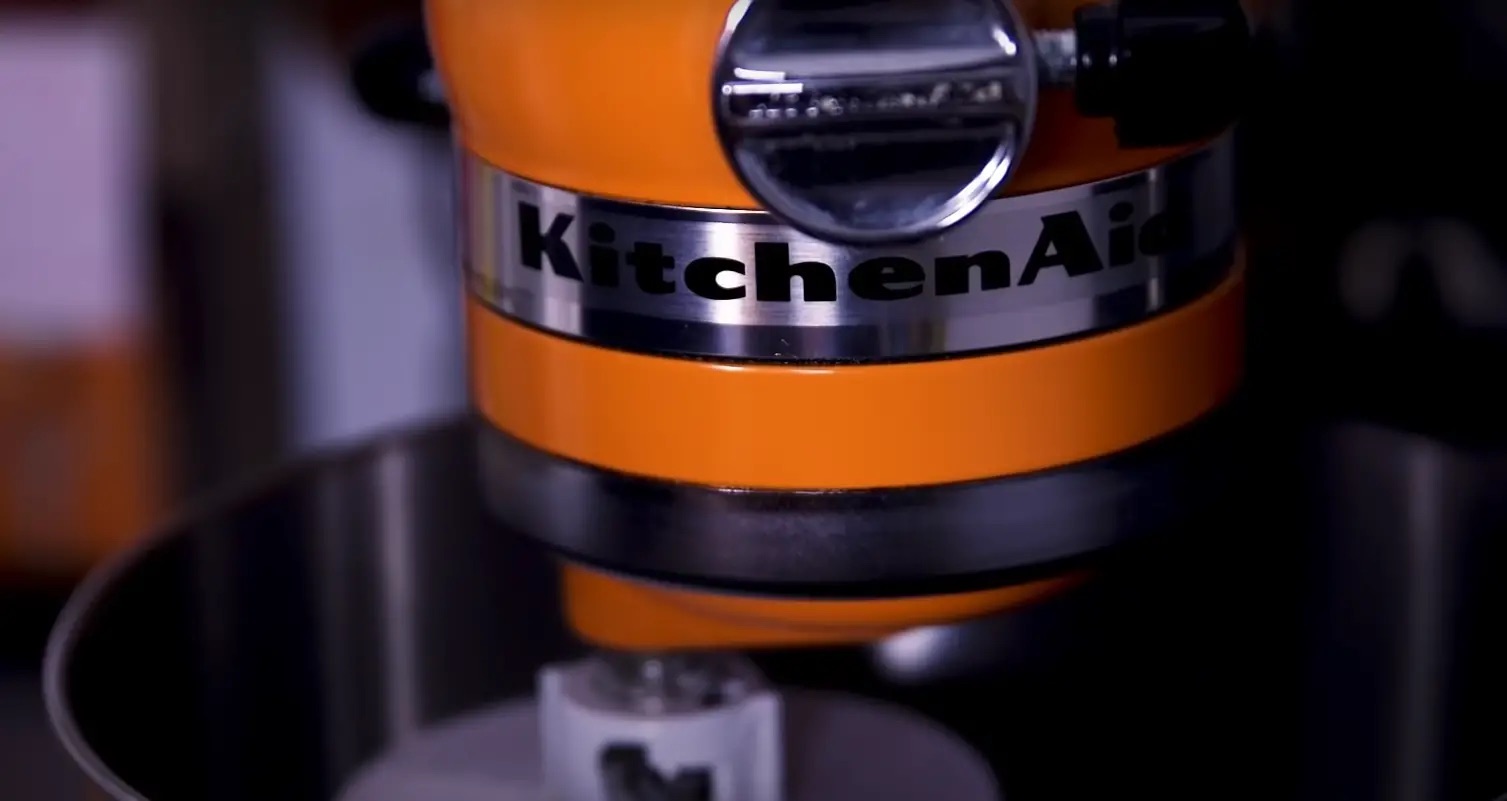
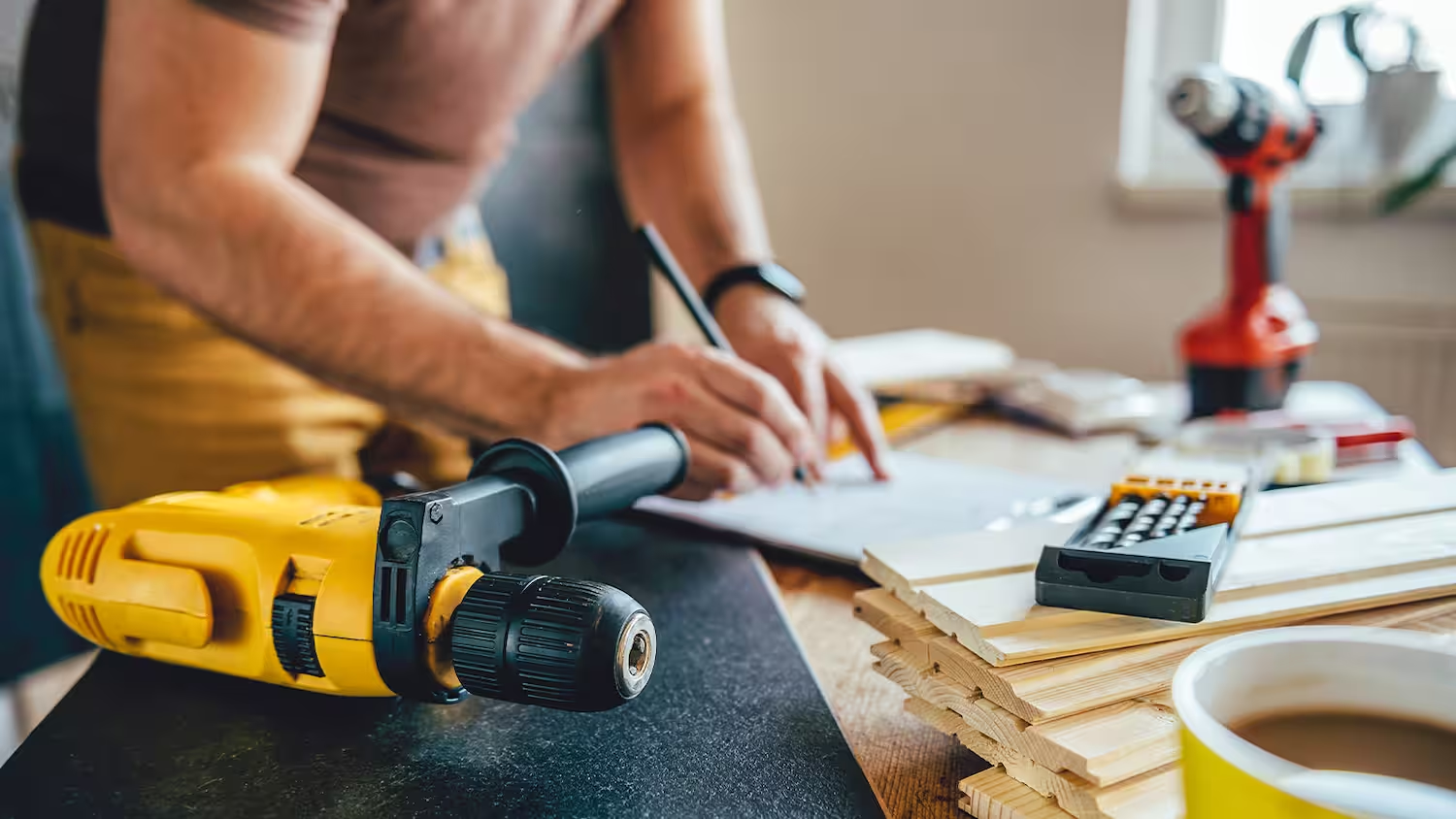


0 thoughts on “Why Is HVAC So Expensive”